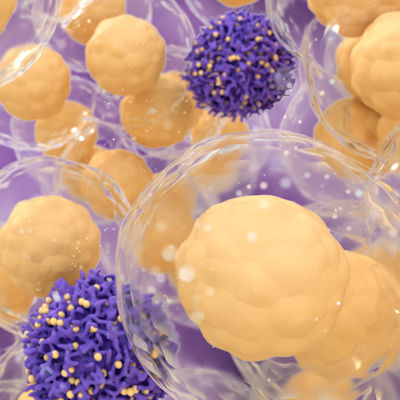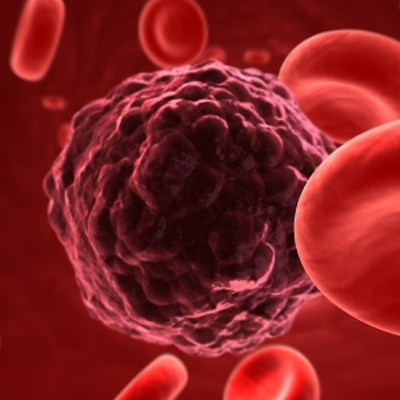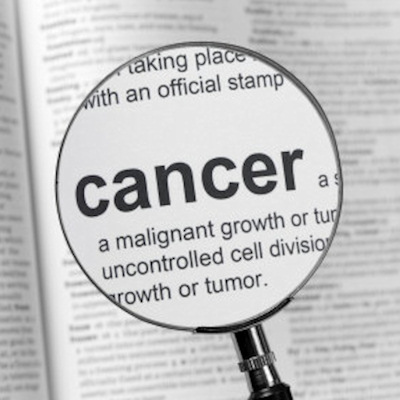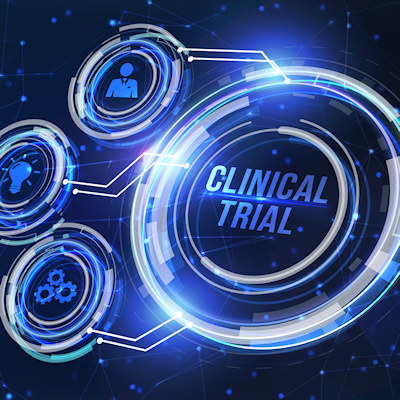February 8, 2022 -- National Institutes of Health researchers, led by Dr. Steven Rosenberg, PhD, at the National Cancer Institute, have found unique expression profiles in 50 genes that help identify rare antitumor lymphocytes that can infiltrate and help defeat metastatic solid epithelial tumors.
A highly sensitive assay was designed that identified tumor-infiltrating lymphocytes (TIL) with cell surface receptors that can recognize the products of the very mutations that caused cancer. The identification of these lymphocytes could help advance the development and effectiveness of personalized cancer immunotherapies for patients whose cancers do not respond to standard treatments.
Until now, to maximize the potential of TIL therapy, Rosenberg's team had to examine every potential mutation in a tumor that could be a target. But after years of effort, the team developed the new assay that identifies the gene expression profiles of a few rare lymphocytes, which recognize mutated cell surface proteins of cancerous cells, thereby negating the need for a mutation-by-mutation search.
Complete details of the study are published in the journal Science. (Science, February 3, 2022)
Copyright © 2022 scienceboard.net










